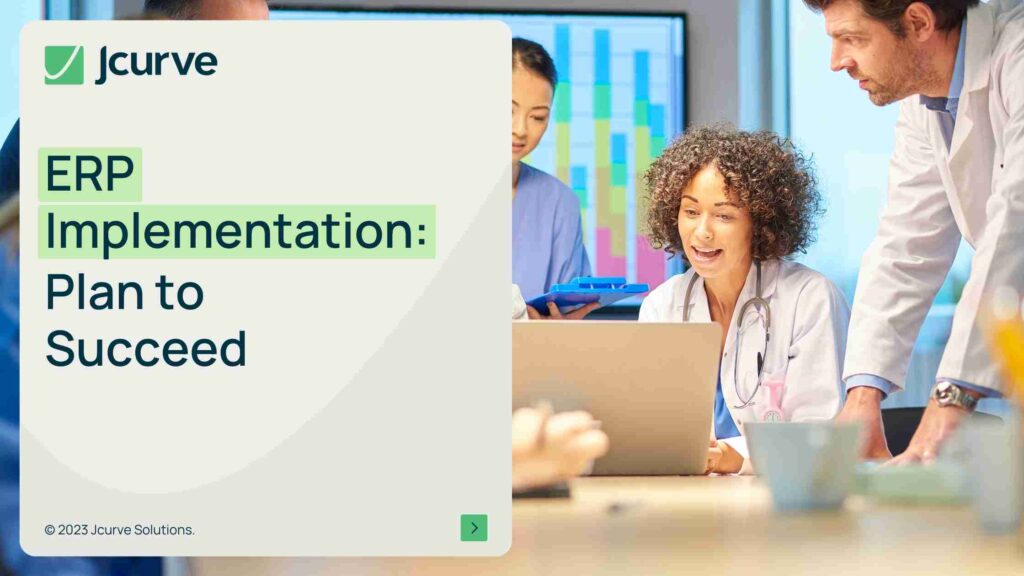Introduction
Planning and executing a successful ERP implementation is crucial for business growth. Here’s a guide to help businesses in Singapore navigate through the ERP implementation process.
Planning Your ERP Implementation
Moving your business to a cloud ERP solution is a significant step. Proper planning can save time, resources, and enhance the return on investment (ROI). It’s not just about system functionality but also about improving processes and efficiency.
Engage a Serious ERP Implementation Partner
All cloud ERP solutions have implementation partners. Choosing an experienced partner who has seen and navigated through potential pitfalls is essential. Ask potential partners detailed questions about their implementation process, potential issues, and their past experiences.
Questions to Ask an Implementation Partner
- Can they describe their implementation process in detail?
- What potential issues could arise, and how would they handle them?
- Can they provide detailed cost and time estimates?
- How does their solution fit your business processes and needs?
Get an Interpreter
During implementation, decisions on product structure, custom fields, and plugins are crucial. Having a trusted advisor to interpret technical details and align them with business outcomes ensures better decision-making and implementation success.
Take Notes
Document everything during the implementation process. Notes should include points for user manuals, key decisions, and items to revisit. This practice helps in ensuring nothing is missed and the implementation stays on track.
Appoint a Champion
An ERP champion within your organisation ensures that all departments’ needs are met and that the implementation is cohesive. This person acts as a bridge between the ERP implementation team and the rest of the company.
Make Time
Allocating sufficient time for the implementation process is vital. Business leaders must be available to make critical decisions and ensure the system meets reporting and access needs.
Open Your Mind
Implementing an ERP system is an opportunity to adopt best practices and learn from industry standards. Be open to new processes that may benefit your business in the long term. Engage with your implementation consultant to explore better options than your current processes.
Keep the Spirit of Change
Post-implementation, regularly review and refine processes. Set up quarterly reviews to revisit and improve upon initial decisions and adjustments. This continuous improvement mindset ensures the ERP system evolves with your business needs.
Conclusion
A well-planned ERP implementation can significantly enhance business efficiency and growth. Engage with a reputable partner like Jcurve Solutions, take detailed notes, involve your team, and remain open to new practices for a successful ERP journey.










